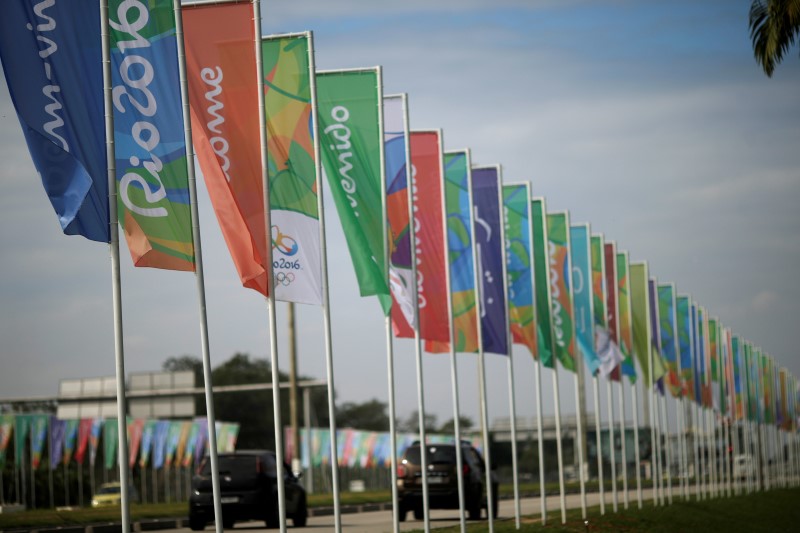By Gene Cherry
Eugene, Oregon (Reuters) - The logistics of getting around in Rio de Janeiro could be a major problem for athletes at the 2016 Olympics, Max Siegel, chief executive officer of USA Track and Field, said on Tuesday.
Athletics officials were working closely with the U.S. Olympic Committee (USOC) to find ways of getting around the city's traffic problems, Siegel told a news conference.
"Frankly that is probably one of our biggest concerns of things that we don't have immediate control over," he said on a rest day for the U.S. Olympic trials.
Following a strategy used during the 2014 World Cup, Rio officials hope to reduce the amount of traffic by keeping cars off the road and through the use of special traffic lanes for Olympics visitors.
Some 260 kilometres (161 miles) of traffic lanes will be used to facilitate the movement of athletes and officials.
In March, Rio was declared the fourth most-congested city in the world by navigational device manufacturer TomTom.
USATF was also in close contact with the USOC and its infectious disease advisory committee concerning the Zika virus, he said.
"Most of our athletes have been focused on making the team. We haven't heard a lot but we have gone the extra step to make sure the information is available," he added.
The U.S. National Institutes of Health said on Tuesday it will fund a study to monitor U.S. athletes, coaches and members of the Olympic Committee staff for exposure to Zika virus while they are in Brazil for the Aug. 5-21 Olympics.
Brazil has been hardest hit by the mosquito-borne virus
which has caused concern because it can cause potentially severe birth defects in babies whose mothers were infected during pregnancy, including microcephaly - a birth defect marked by small head size that can lead to developmental problems.
It has also been linked to Guillain-Barre, a rare neurological syndrome that can cause temporary paralysis in adults.
